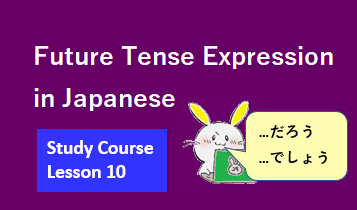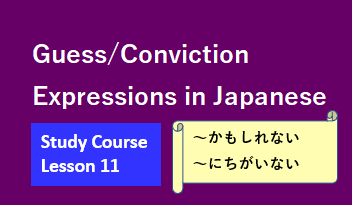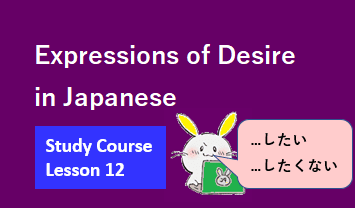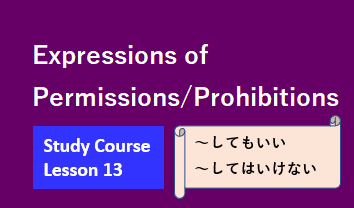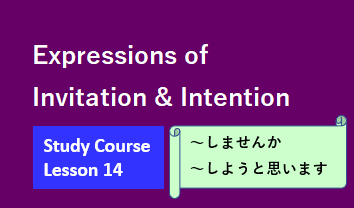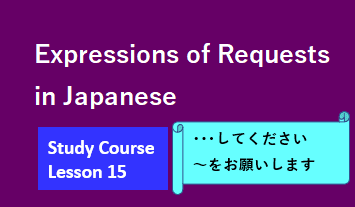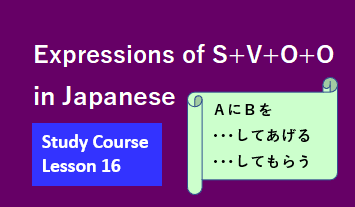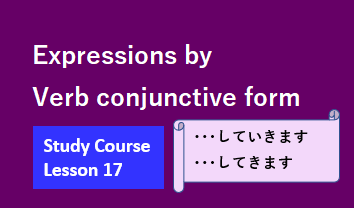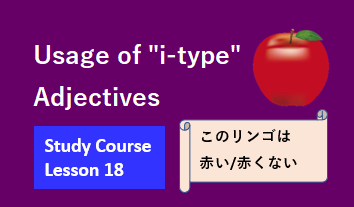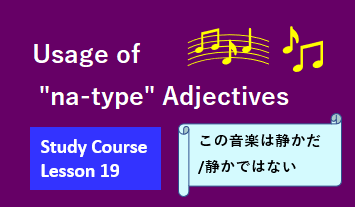Japanese Study Course Lesson20

There are two kinds of Japanese nominative particles: particle "が" & particle "は". In Lesson 20, we will study the usage of these two particles. In particular, these two particles are similar in usage, so we will explain in detail how to use them differently.
20-1 Particle "が"(Nominative Particle)
Particle "が"➡ Nominative Particle : "Subject + が"
(1)私が Rabbit です
- The particle "が" is used as a nominative particle after the subject.
- The nominative particle "が" is used to express a specific person or thing as the subject from among multiple candidates.
- If there are many people here and someone asks, "Who is Rabbit Boy?", you can answer, "I am Rabbit." In this case, Japanese uses "私が Rabbit です。" and uses "が " as the nominative particle.
- Usually, the role of the subject is used to express a specific person or thing as the subject from among multiple candidates, so the general particle that indicates the subject is "が".
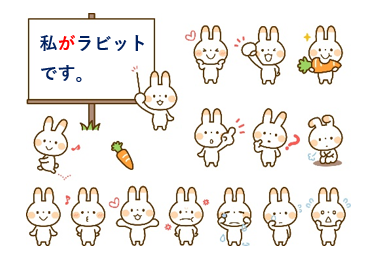
Japanese practice
English explanation
(2)Lady JJ が私の日本語の先生です
- Please think about a case that there are plural Japanese teachers in your school. If you want to say in Japanese "JJ is my Japanese teacher." You should say "Lady JJ が私の日本語の先生です。" . In this case the subject "Lady JJ" indicates that she is the specific teacher for you by using nominative particle "が".
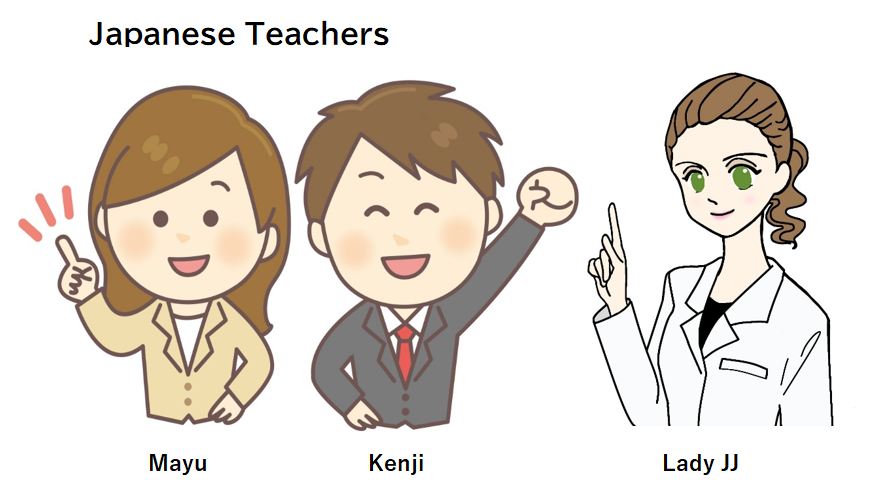
Japanese practice
English explanation
(3)クリスマスが楽しみです
- When talking about looking forward to a particular event, Christmas, you usually speak as "クリスマスが楽しみです。"(I'm looking forward to Christmas.)

Japanese practice
English explanation
(4)Incorrect usage
- When you want to talk about lunch as a talking topic, for example "Have you eaten lunch yet?", you always need to say "お昼ごはんはもう食べましたか。". In the time, "お昼ごはん" is not exactly subject, but title of the sentence. The particle "は" is used as a title particle.
- If you say ”×お昼ごはんがもう食べましたか。This expression is incorrect. It is big grammatical mistake! This sentence expresses that as if an unidentifiable monster called "Mr. Lunch" has eaten something.
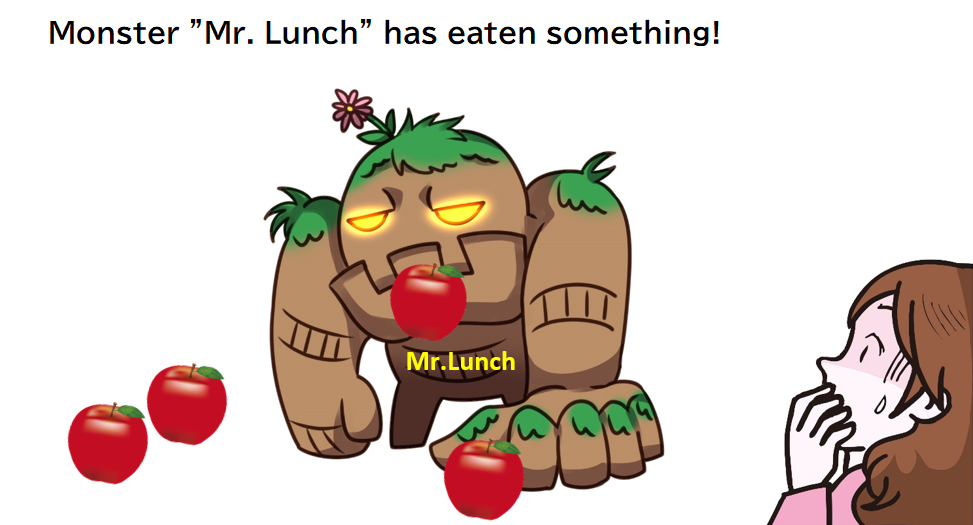
Japanese practice
English explanation
20-2 Particle "は"(Title Particle)
Particle "は"➡ Title Particle : "Title + は"
(1)私は音楽を聴くことが好きです
Title & Subject ➡ 私(title)+は(title particle)+音楽を聴くこと(subject)+が(nominative particle)
- The particle "は" is used as a title particle after the title.
- The title particle "は" is used to express a specific topic or talking point as the title at your conversation.
- Suppose you are discussing listening to music. So, let's assume that you personally want to say, "I like listening to music.''. This is pronounced "私は音楽を聴くことが好きです。" in Japanese. In this case, "私" means "as for me." In other words, this corresponds to the title in the text.
- On the other hand, the subject of the predicate is "音楽を聴くこと".
- It may be difficult to understand if you think about it from the perspective of English grammar, but in Japanese, the subject of personal pronouns is often omitted, and traditionally there is a tendency to avoid strong personal assertions. Therefore it should think as regarding of "私" in "私は音楽を聴くことが好きです。" has been interpreted to mean the title like "as for me".


Japanese practice
English explanation
(2)クリスマスは楽しみです
- When talking about looking forward to a particular event, Christmas, if you say "クリスマスは楽しみです。", it can be interpreted as suggesting that you are looking forward to another event more.
- In the case of the expression "クリスマスが楽しみです。", the relationship that the subject "Christmas" = "looking forward to" is clear, but in the case of the expression "クリスマスは楽しみです。", "Christmas" is the topic of conversation (title), so if this expression is used, this phrase makes the listener imagine that the speaker is looking forward to something else except Christmas.
- When you want to say something except persons as the subject , if you use the particle "が", the relationship that "the subject = the predicate" is clear, but if you use the particle "は" which is usually the title particle, you make your listener imagine the speaker is thinking about something else except the current topic.

Japanese practice
English explanation
(3)お昼ごはんはもう食べましたか
- When you want to talk about lunch as a talking topic, for example "Have you eaten lunch yet?", you always need to say "お昼ごはんはもう食べましたか。". In the time, "お昼ごはん" is not subject, but title of the sentence in Japanese. The particle "は" is used as the title particle.
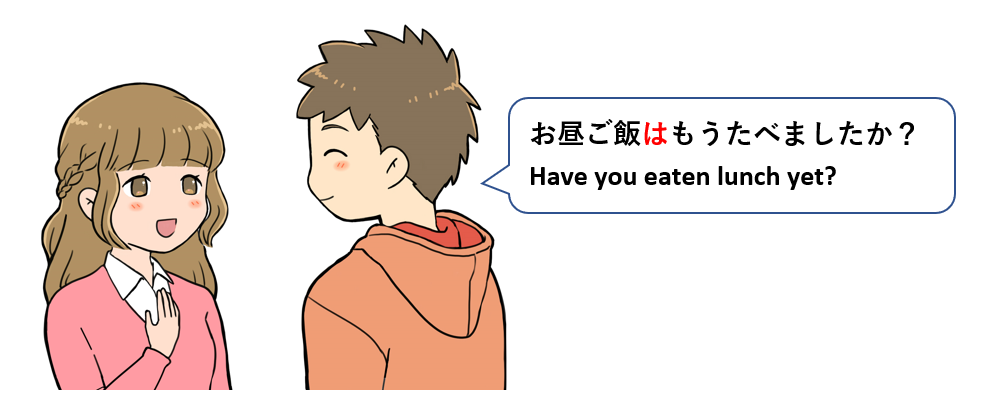
English explanation
20-3 Particle "は"(Nominative Particle)
Particle "は"➡ Nominative Particle (Substitute for particle “が”): "Subject + は"
(1)税関に申告するものはありますか
- The particle "は" is also used as a nominative particle which substitute for particle "が".
- Please think about the example sentence "あなたは税関に申告するものがありますか。". In this sentence, "あなた" is the title, and "税関に申告するもの" is the subject. Omit the title here. Then it becomes "税関に申告するものがありますか。". In this case, the nuance is almost the same even if the particle "は'' is used as the nominative particle instead of the particle "が''. You can also say in Japanese, "税関に申告するものはありますか。".
- Therefore, in addition to the "title particle'' studied above, the particle "は'' can sometimes be used as a nominative particle in place of the particle "が''.
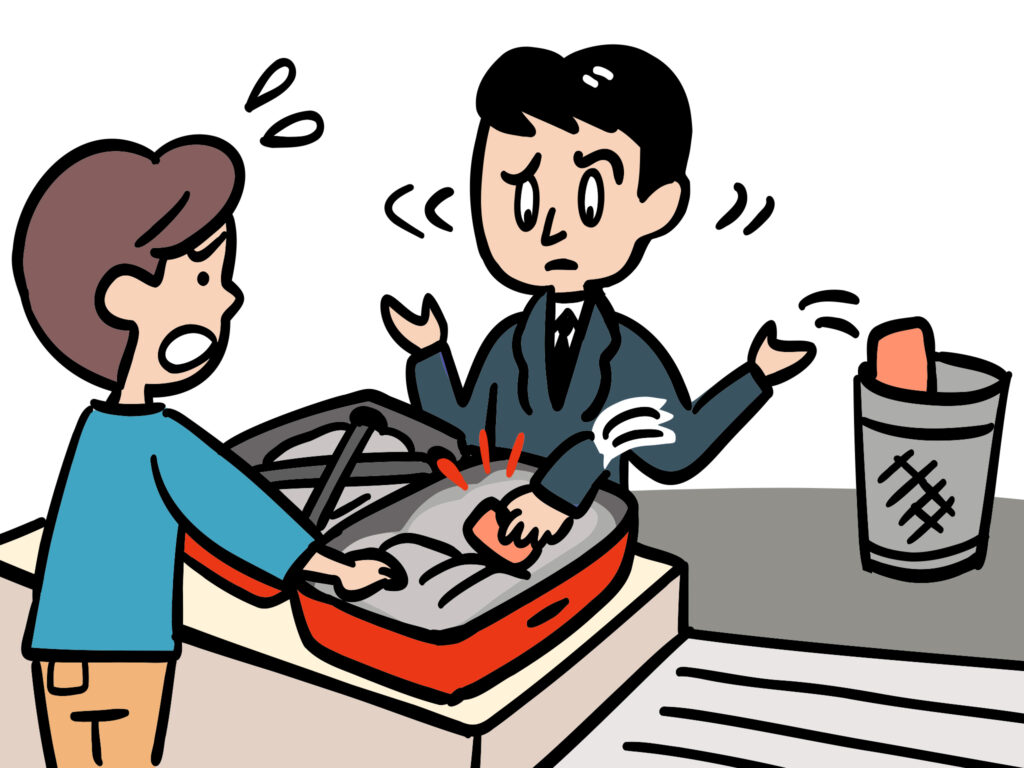
Japanese practice
English explanation
(2)Lady JJ は私の日本語の先生です
- The particle "は" is also used as a nominative particle which substitute for particle "が".
- Please think about another case that you are talking about Lady JJ in your school. She is now on your conversation's topic. In the time if you want to say in Japanese "Lady JJ is my Japanese teacher." You should say "Lady JJ は私の日本語の先生です。". It means that the person, Lady JJ, who you are talking now is your conversation's topic and also your Japanese teacher by using the particle "は" after the subject.
- As this particle "は" is used to express a specific topic or talking point as the title at your conversation, it should be classified as the title particle, but it leads the result of no subject at the sentence. Therefore, for grammatical reasons, we classify the particle "は'' as being used as a nominative particle instead of the particle "が'' in this case.
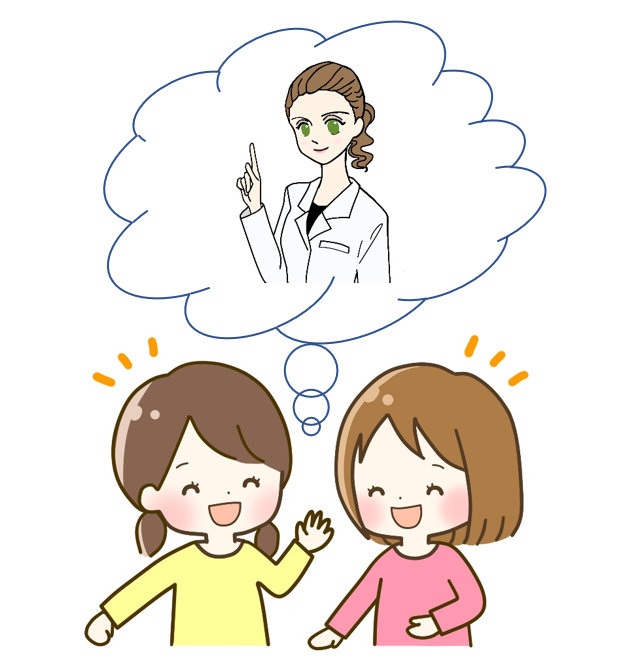
Japanese practice
English explanation
20-4 Particle "は"(Adverbial Particle)
(1)これは私の荷物ではありません。
ではありません(collocation phrase, polite negation)➡で+は+ありません
We studied this usage in lesson 3.
(2)・・・してはいけない/・・・してはいけません
Expressions of prohibitions ➡"Verb( conjunctive form )+て+は+いけません"
We studied this usage in lesson 13.
(3)・・・してはだめだ/・・・してはだめです
Expressions of prohibitions ➡"Verb( conjunctive form )+て+は+だめです"
We studied this usage in lesson 13.
(4)~ではだめだ/~ではだめです(~ではいけない/いけません)
Expressions of prohibitions ➡"Noun+で+は+だめです/いけません"
We studied this usage in lesson 13.
Did you understand the usage of the particle "が" and the particle "は"? Please review carefully. Finally, I would like to say a few words in Japanese:
「私は1年の行事の中でクリスマスが一番好きです。皆さま、クリスマスケーキはもう予約しましたか?」

Japanese practice
English explanation

Today's lesson ends here. Ladies and gentlemen, did you understand today's theme Usage of particle "が"&"は"?
Well, this is the last lesson of the Japanese language learning course. Thank you very much for studying with us.
See you again next opportunity!
See you again next opportunity!
Don't forget me! I love you!

English explanation
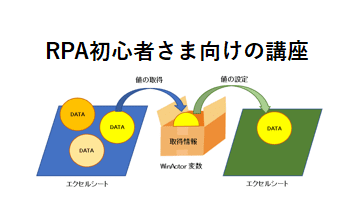

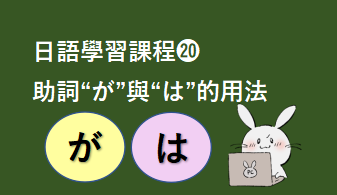





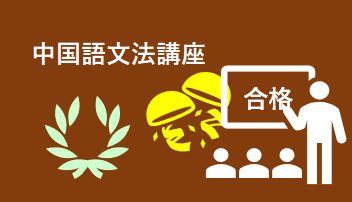
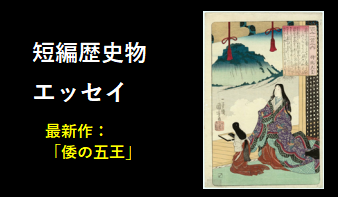
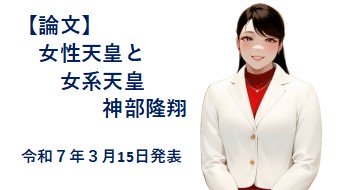
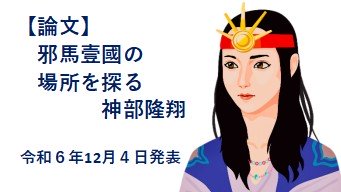


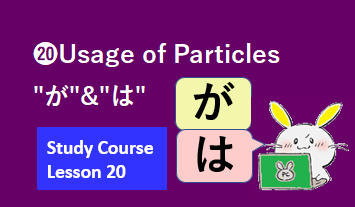


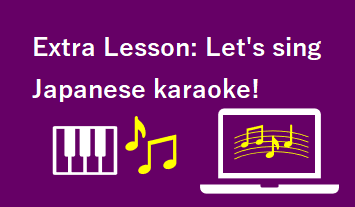
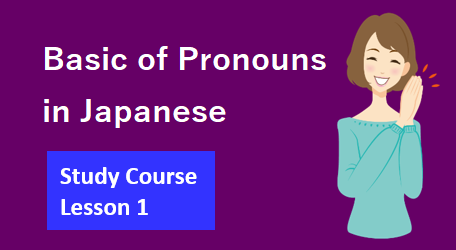
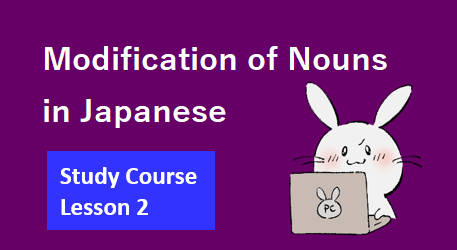


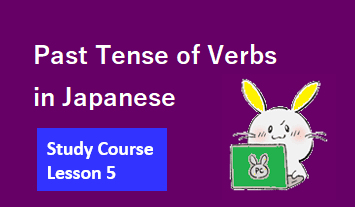
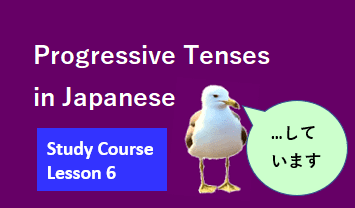
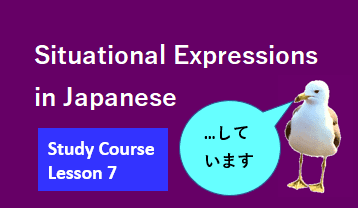
![❽Possible Expressions [1]](https://ryusho-kanbe.com/wp-content/uploads/2023/04/スクリーンショット-2023-04-03-100754.png)
![❾Possible Expressions [2]](https://ryusho-kanbe.com/wp-content/uploads/2023/04/スクリーンショット-2023-04-28-095816.png)
